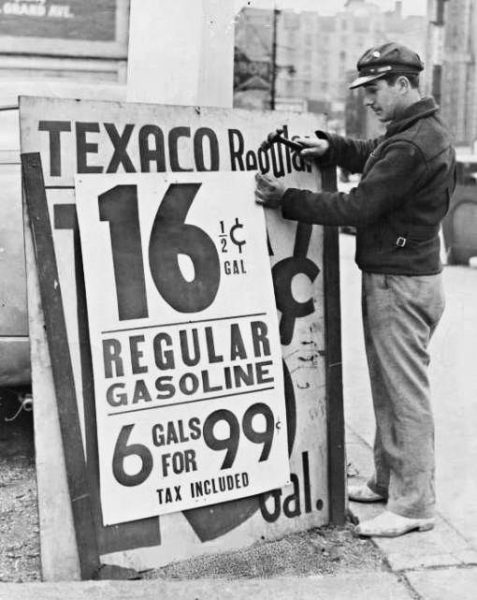|

Editor’s Note: This article was initially written for the Spring edition of Driving Freedoms magazine. The information here pertained primarily to life before the COVID-19 crisis. Still, we believe traffic fines and fees will be even more of an issue for small towns (and big cities) everywhere due to shortfalls in the budgets that have been decimated by the Coronavirus lockdown.
Significant dollars from different traffic fines and fees sometimes account for more than half of the revenue collected by small towns. Income from speed traps, poor/inadequate signage traps, automated traffic enforcement, and parking patrols all help prop up budgets, which often include the very department that is responsible for catching drivers—the police.
Last September, Governing.com released a national analysis on the extent small towns fund their budgets through traffic penalties. Researchers compiled data from thousands of annual audits and reports filed to state agencies.
Fines are the punishment for committing the offense, and fees are levied to support operational expenses. While both have increased in recent years, fees have risen the most. Very often, fee revenue has been tacked on to fund areas of government that have little to do with the justice system itself. Now with the COVID-19 crisis, the pressure for small towns to increase fees will only increase due to the pressure to raise funds for the town budget.
Here are some of the results before COVID-19 detailing how important this revenue source is to a small town’s bottom line:
- Fines and fees account for more than 10 percent of general fund revenues in nearly 600 jurisdictions.
- In 284 of those small governments, the percentage is at least 20 percent.
- More than 720 towns reported that annual revenues exceed $100 for every adult resident. (The numbers would be even higher if the analysis didn’t exclude communities reporting less than $100,000 in fines.)
- Rural areas with high poverty have the highest traffic-revenue rates as do communities with minimal tax bases and independent municipal courts.
- Out-of-state drivers are often targeted.
Most of the states that stood out in the research were from the South: Arkansas, Georgia, Louisiana, Oklahoma, and Texas, with one exception—New York. Fifty-two Georgia localities collected penalties from drivers accounting for more than one-fifth of general annual revenue, while Louisiana had 49 local governments that met that dubious standard.
By contrast, states in the Northeast with high property taxes had no localities exceeding the 10 percent threshold.
President of Louisiana’s Public Affairs Research Council Robert Scott said recently that smaller tax bases contribute to the problem, but ingrained habits are the real culprit, “If I had to point to one reason why this happens, it’s because culturally you have (local) agencies who’ve grown dependent on these type of revenue sources. They don’t want to let it go.” Lisa Foster, co-director of the Fines and Fees Justice Center, concurred, “There’s a culture that’s built up over time of tolerance and normalization of this idea that courts are there for revenue generation.”
New York is home to nearly 1,300 town and village courts, which keep most of their revenue from fines and fees. Judges have an incentive to earn back the money spent on courts since the town or village financially supports them. Fund for Modern Courts chair Amelia Starr recently said in an interview, “Almost any state that has courts that generate money for their locality in small towns is vulnerable to exactly these kinds of pressures.”
Actions taken by state lawmakers can also help compound the issue. In states with the most fine-reliant jurisdictions, local governments incurred deeper state funding cuts over the past decade. According to the Center on Budget and Policy Priorities, states that implemented caps on local property taxes starting in the late 1970s have many small towns with sharply increased fines and fees.
Of course, one of the biggest concerns with this devotion to fines is the tacit implementation of traffic ticket quotas. Many times, officers feel pressure either by the department or city managers to write more tickets to increase revenue.
Policing for profit should never be tolerated; it is not conducive to forming a bond of trust between law enforcement and the community. As one of our national issues, the NMA will continue to advocate against traffic ticket quotas and unfair traffic fines and fees. |